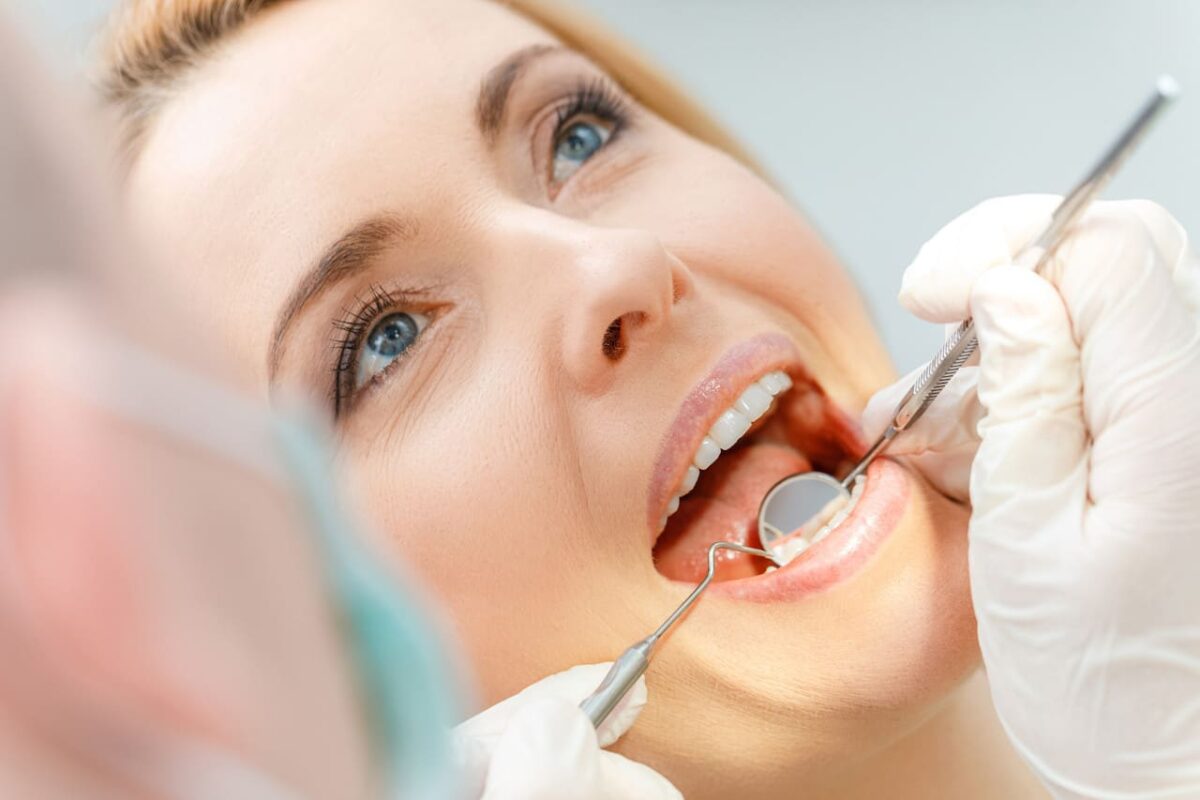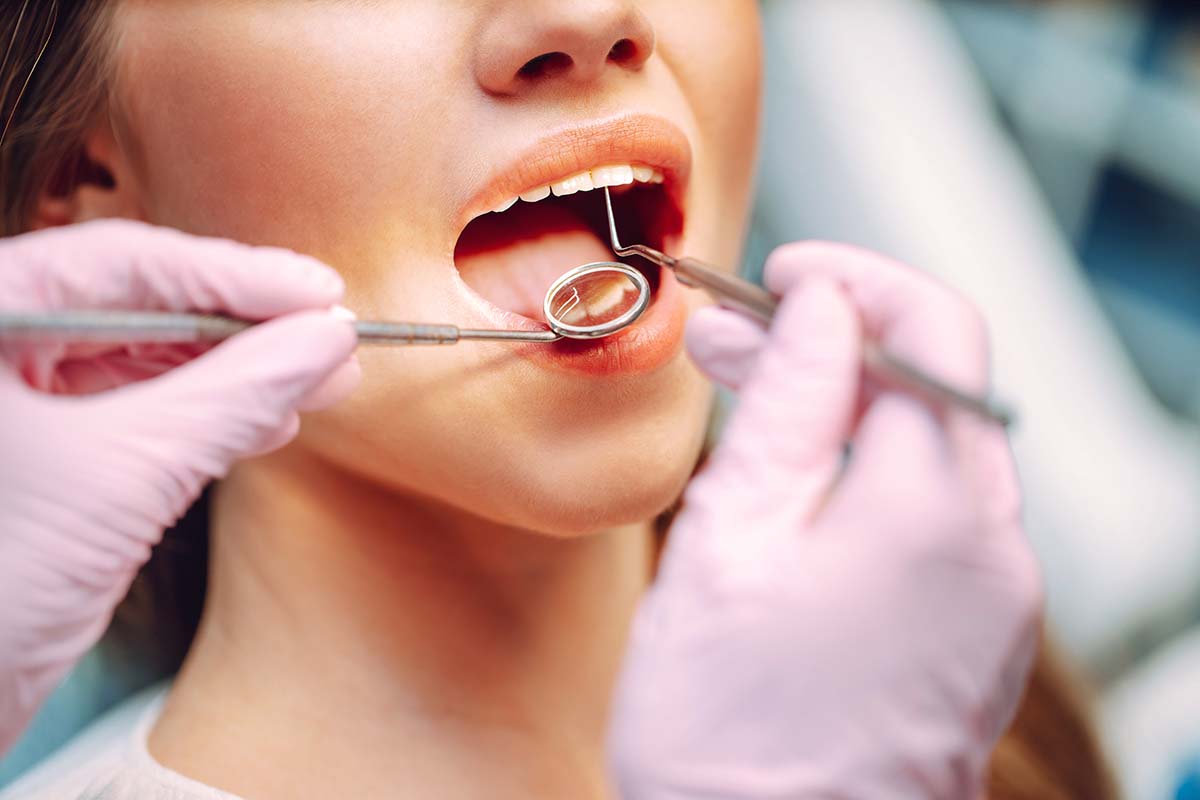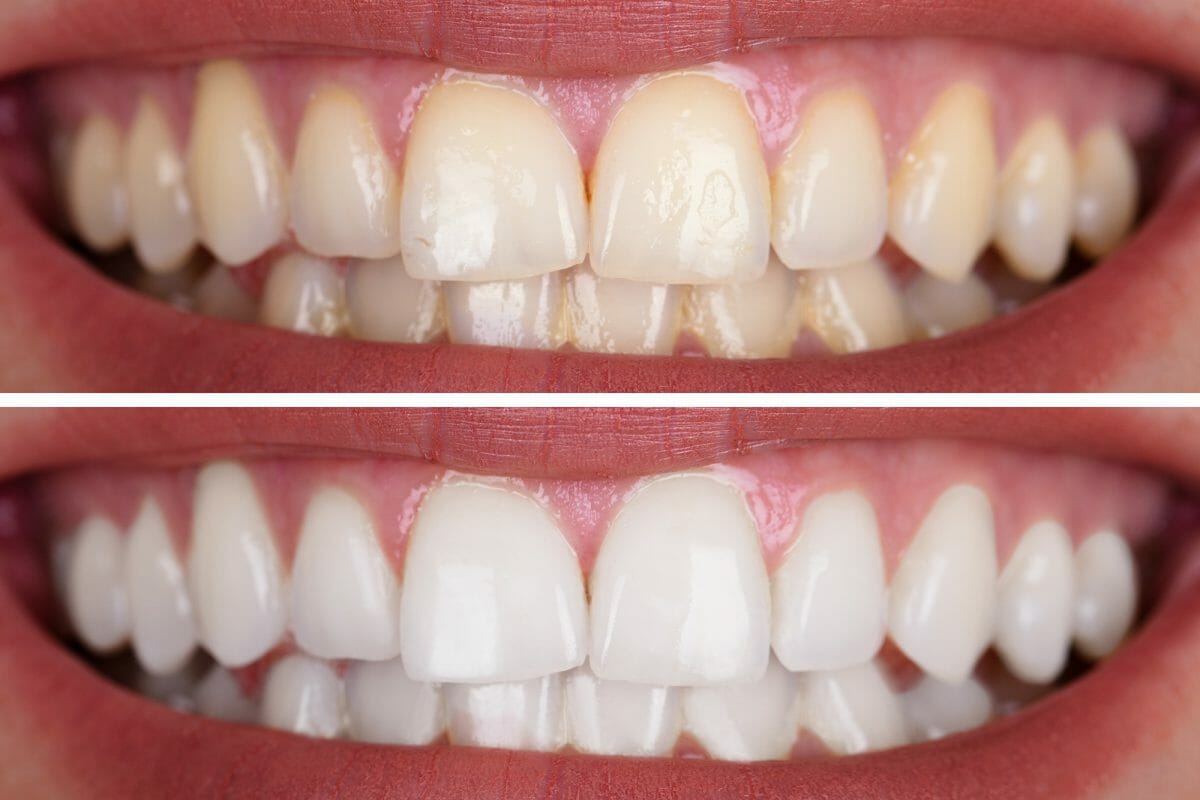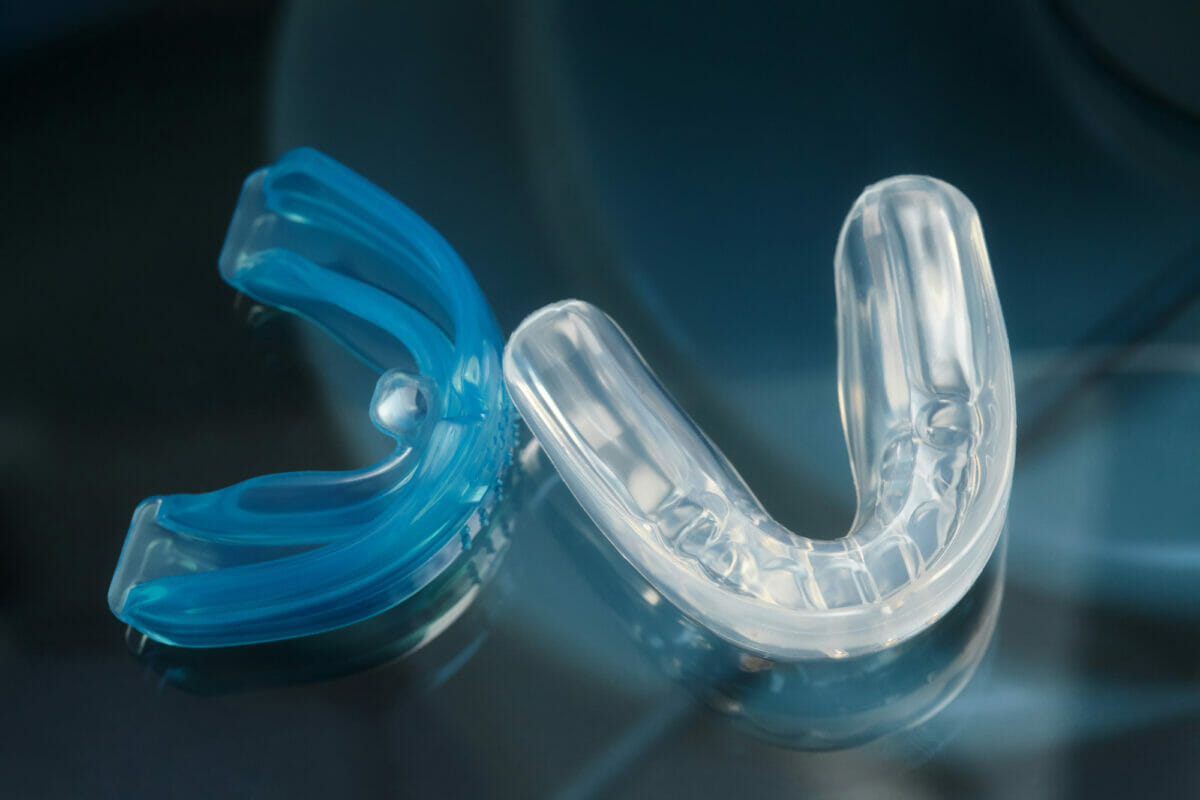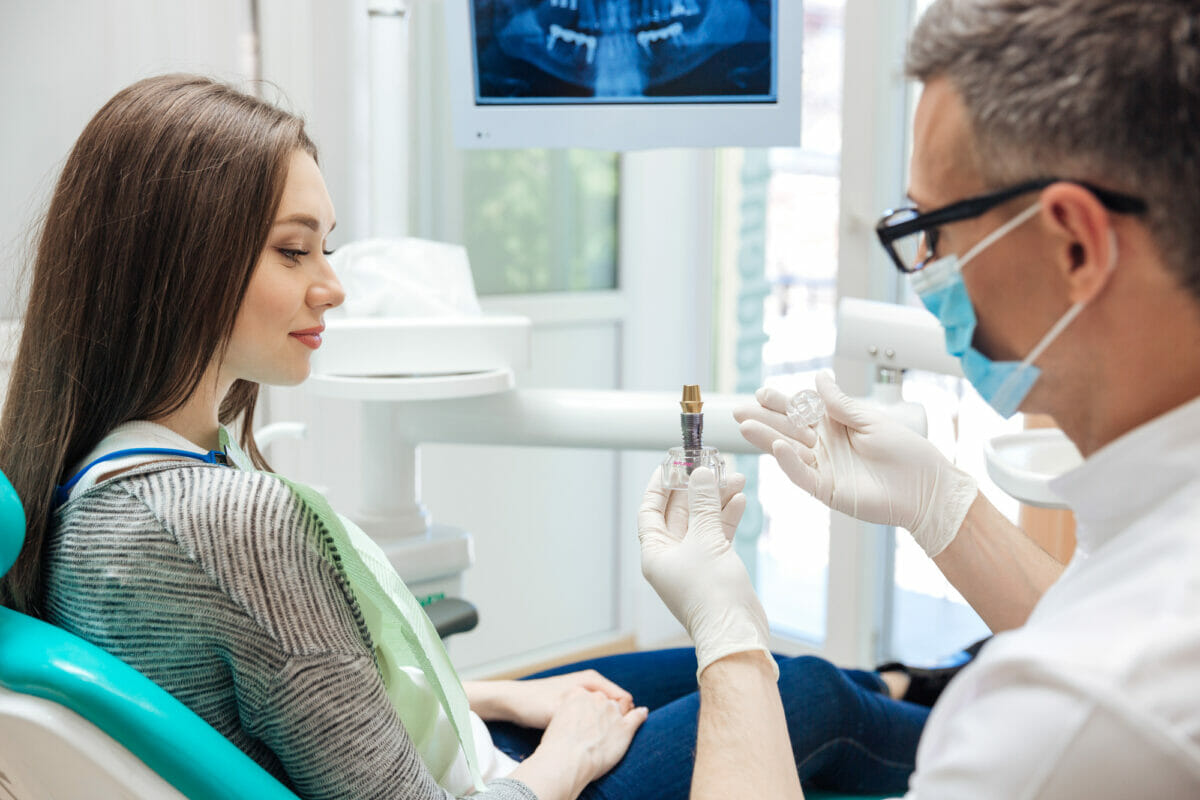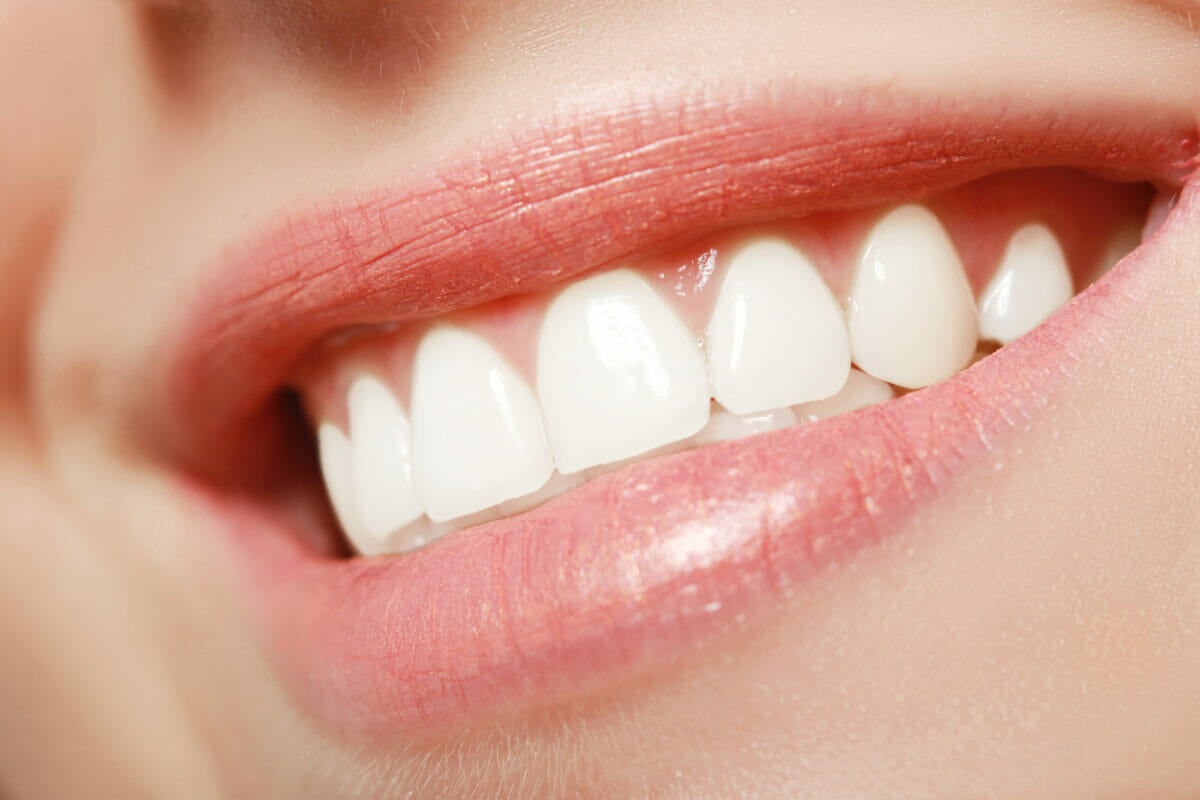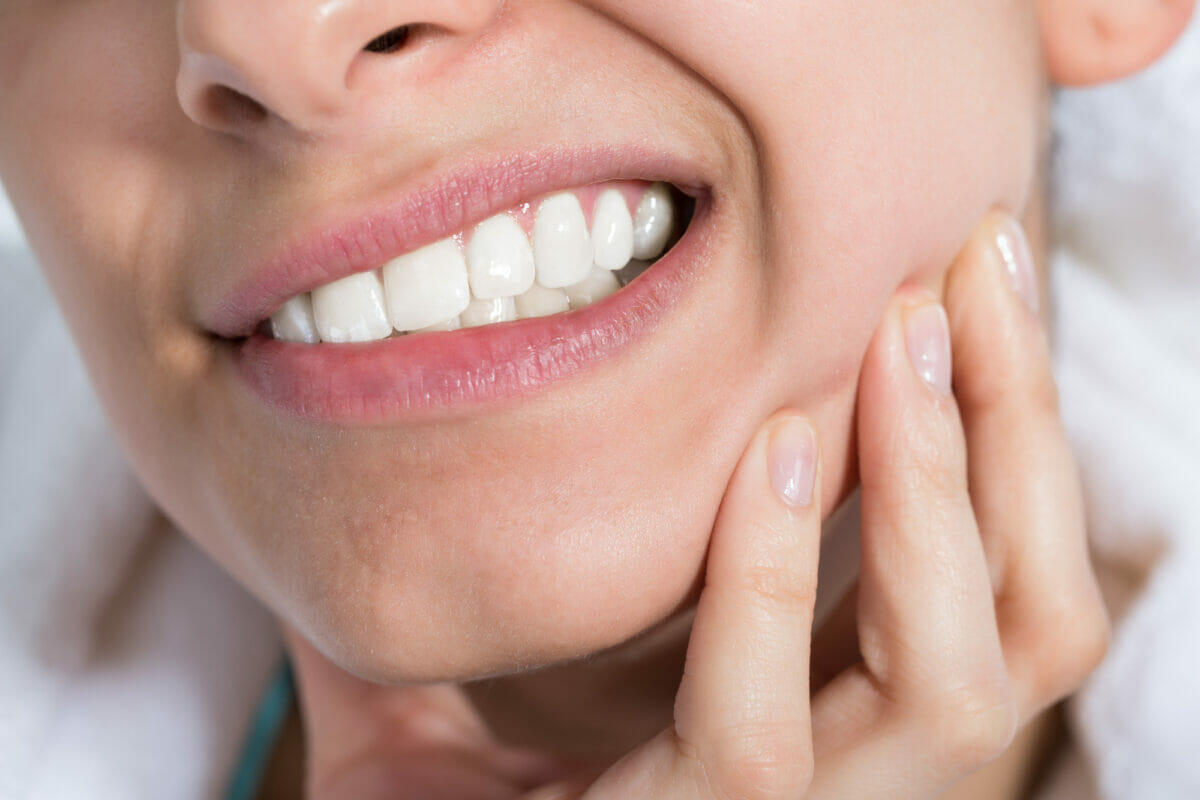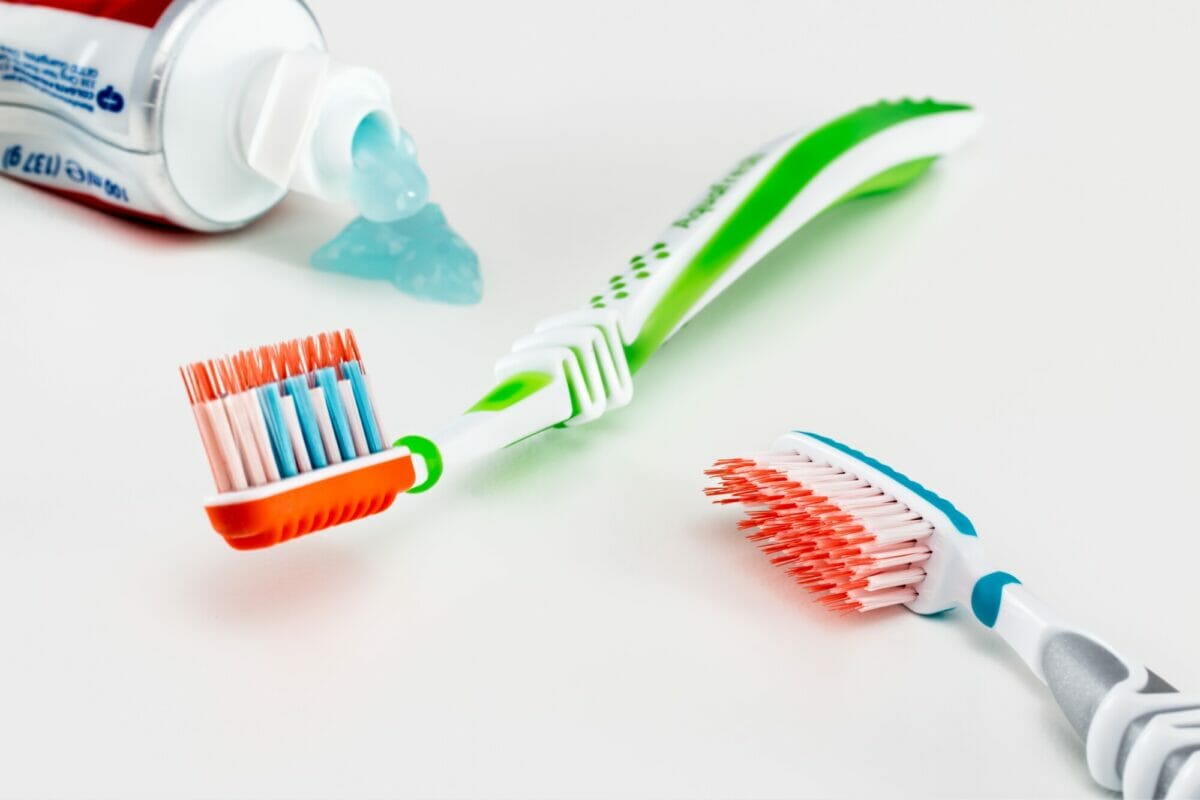There are now over 1,197,000 professionals and 191,490 businesses in the U.S. dental industry. If you’re searching for a local family dentist, it helps to know what you’re looking for first. Choosing a family dentist you can depend on will benefit your family’s health in the long run.
Not sure how to narrow down your options? Here are seven tips to help you find the best family dentist in town.
With these tips, you can feel confident a qualified dentist is treating your family. Read on to start searching today.
1. Talk to Other Parents
Before beginning your search online, talk to other parents who live in the area. Ask if they have a family dentist they can recommend. If they do, ask about their past experiences visiting that dentist.
You can draft a list of questions to ask as you begin building your list of referrals. For example, you might want to ask:
- Where is the practice located
- How long has the dentist practiced
- What services the dentist offers
- If the patient experienced problems
- How those problems were resolved
- About the dentist’s qualifications
Asking these questions can help you find a dentist other parents already know and trust. Gathering personal referrals can give you peace of mind and save you time during your search.
If you can’t find a family dentist through referrals because you’re new to the area, start searching online instead. Once you build a list of options to choose from, look online for client reviews. Check the dentist’s website, Better Business listing, and Healthgrades.com listing.
You can also find reviews during your Google search by looking for the practice’s Google Business listing.
Read a few reviews from each website. Determine if the dentist has a strong, positive reputation. Their reputation can speak to their ability to prioritize their patients.
If the dentist has a medical malpractice suit or serious complaints filed against them, keep searching. Keep an eye out for reviews about long wait times or lack of professionalism too.
2. Check Credentials
To narrow down your list of family dentists in the area, look into their qualifications. First, determine where each dentist completed their education and training. Make sure they have a diploma from an accredited institution.
Make a note of when they graduated from school as well.
Next, determine what courses they completed. Determine if they have any additional training that might benefit your family.
It’s not enough to find a family dentist with a diploma, though. If the dentist graduated a few decades ago, they likely have years of experience. However, these dentists might be using outdated techniques if they haven’t kept up with their education over time.
Although dentists are required to complete continuing education, look for dentists in the area who have additional certifications after graduating or are using newer technology technology. Dentists that have additional credentials likely use new treatments, techniques, and technologies to offer a higher standard of care to patients.
3. Look for Experience
Determine how long each dentist has worked in their field to gauge their experience and expertise. Ask how long each dental practice has operated in the area, too. The best family dentist on your list will have years of hands-on experience treating patients.
Make sure the dentist has years of experience treating younger patients as well. These dentists should have a keen understanding of child development.
A dentist with experience treating younger patients likely knows how to soothe dental anxiety too. If your child struggles with dental anxiety, they might not receive the thorough treatment they need to improve their oral health if they aren’t seeing a dentist with sufficient pediatric experience.
Dental teams with experience treating children know how to keep their patients calm. For example, some practices offer dental sedation services. Dental anxiety affects about 36% of the population.
Confirm that each dentist is licensed to practice in the area before scheduling an appointment. If their license is out-of-date, strike them from your list.
4. Explore Services
Determine what dental services each practice offers before you select a family dentist. Look for a practice that offers a range of services that align with your family’s current and long-term needs.
Routine dental cleanings will allow the dentist to remove plaque and tartar from your family’s teeth. However, the dentist should use preventive dentistry to help your family avoid oral health issues like decay.
Other dental services the practice might offer can include:
- Tooth extractions
- Dental hygiene
- Night- and mouthguards
- Dental implants
- Orthodontics
- Tooth whitening
- Veneers
- Dentures
- Bonding
- Root canals
- Crowns and bridges
Determine if the practice offers emergency dental care too. If they do, determine what constitutes a dental emergency.
Otherwise, ask about the technology the practice uses. Make sure they’re using the latest technology to ensure they offer the highest standard of care.
5. Consider Location
Pull up Google Maps to determine where each dental practice is located. Find a local family dentist near your work, home, or child’s school.
Finding a nearby practice can offer ease and convenience in the future. You won’t have to worry about running late to appointments if the practice is nearby.
6. Schedule an Appointment
Consider scheduling a consultation appointment with two or three local dentists on your list. Have a list of questions you want to ask prepared ahead of time.
During the appointment, pay attention to how the dentist acts and speaks. Are they able to answer your questions? Consider their demeanor and whether or not you’re comfortable around them.
If you’re uncomfortable, chances are your family will be too.
7. Compare Pricing
Ask three local practices for an itemized list of the dental services they offer.
Determine if they fall within your insurance plan. If not, ask about the financing options they have available.
Don’t make your final decision when choosing a family dentist based on price alone. Instead, take the time to review your notes. Choose a family dentist with your family’s needs in mind.
Start Searching: Find the Best Family Dentist in Town Today
Choosing a family dentist doesn’t have to feel time-consuming or complicated. Instead, use these tips to find the best family dentist in town. With these tips, you can feel confident in your final decision.
The right family dentist can benefit your family’s oral health for years to come.
Want to make superior dental care a reality? We’re here for you.
Contact us today to schedule your first appointment.



